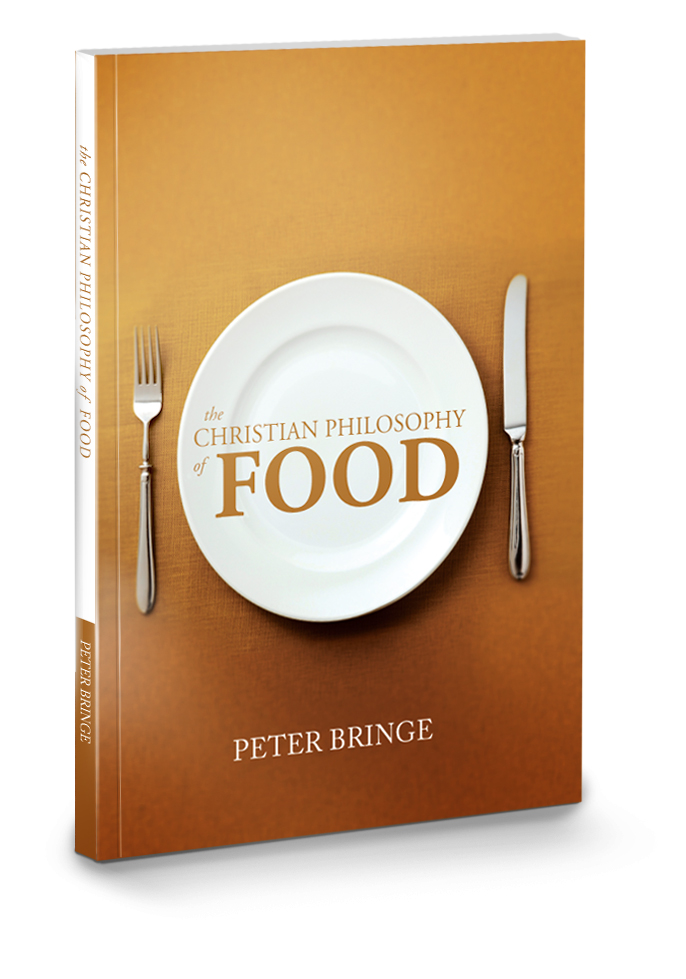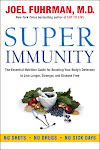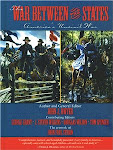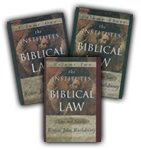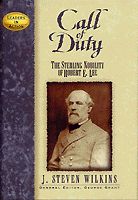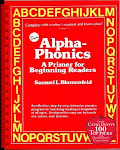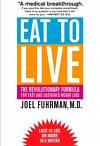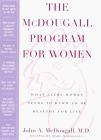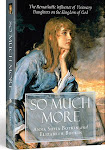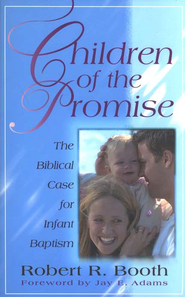Friday, August 31, 2012
The Triumph of the Reich-Publican Party by William Norman Grigg
You won't believe the origins of the Republican party.
Read Grigg's article about what we see forming before our eyes: Everything within the State, nothing outside the State, nothing against the State:
The Triumph of the Reich-Publican Party by William Norman Grigg
Wednesday, August 29, 2012
Saturday, August 4, 2012
Melody's Veggie Casserole & Salad
Fills a 10x16 pan; serves 20
The Beans
soak pintos for 8-24 hours,
Cook with 1/2 to 1 inch of water above.
When cooked add desired seasonings and salt.
Add 1/2 a red bell pepper and allow to cook in.
The Rice
Sauté 4 c. Rice in Coconut oil with
1-3 T. Braggs Liquid Aminos
1 T. Curry
1/2 t. Chipolte
2 Pasilla peppers, de-seeded and blended with 1 c. water
1 large Onion
4-5 garlic cloves, minced
1 1/2 t. Salt
1-2 T. Basil
When rice is brown/translucent adding 8c. boiling water, 2c. at a time, stirring often. Turn low when it boils and stir rice every 10-15 min. When almost done add 1/2 a red bell pepper and allow to cook in. (sliced olives opt.)
The Gravy
2 c. cashews or sunflower seeds
1/4 c. oat flour
1/4 c. arrowroot Flour
1/3 c. nutritional yeast
1 T. california chile pepper pwdr
1 t. onion pwdr.
1 t. salt
5 c. boiling water
Blend dry ingredients, add the water and blend again.
The Sauce
blended tomatoes in pureé
enchilada sauce
The Veggies
4 summer squash, thinly sliced
4-6 carrots, thinly sliced
1/2 lb. mushrooms, sliced
20 Tortillas (more if desired)
Layers:
(intersperse with gravy and sauce)
gravy, sauce, squash, beans, rice, tortillas, carrots,
rice, beans, mushrooms, tortillas.
Drizzle coconut oil over the tortillas. You may wish to cover with foil. (If you do, the baking time can be cut down.)
Bake for 30-45 min. @ 400 degrees.
You may wish to serve it with Salad:
2 heads of romaine, torn
and your favorites from the following:)
red bell pepper
shredded purple cabbage
broccoli
green onions
shredded carrots
white sesame or sunflower seeds
radishes
purple onion
cucumbers
tomatoes
garbanzoes
red kidney beans
avocado
cooked quinoa
Cashews
For a dressing, toss salad with salt (to open the pores), oil, apple cider vinegar, juice of a lemon, and your favorite seasonings.
Friday, August 3, 2012
All of Life is Inescapably Religious
"The area of Christianity is held to be the private life of the believer.
In other words, all social life must be humanistic,
and only the inner life Christian.
But true religion is a total concern;
any area vacated by a religion
any area vacated by a religion
is only occupied by another religion,
because all life is inescapably religious."
because all life is inescapably religious."
~R. J. Rushdoony
What Does The Bible Say About Food?
The Christian Philosophy of Food by Peter Bringe brings the light of Scripture into the confused and sometimes dangerous world of diet and nutrition. It is a door-opener for Christians to see what God has said about food. This courageous work is full of solid biblical principles for a life of health and blessing.
Peter begins with a call to humility and fear of God: “Be not wise in your own eyes; fear the LORD, and turn away from evil. It will be healing to your flesh and refreshment to your bones” (Prov. 3:7-8) and,“The fear of the Lord is the beginning of knowledge; fools despise wisdom and instruction.” (Prov. 1:7)
He launches into Genesis 1:29: “God said, ‘Behold, I have given you every plant yielding seed that is on the face of all the earth, and every tree with seed in its fruit. You shall have them for food.’” From this verse the author sees plant foods as central in diet and nutrition. This is a bold statement; the American pulpit has been long silent because of the volatile controversy of Vegetarianism. Peter responds with these words: “The Bible teaches that plant foods are more central and important...Only plant foods are given as food in the beginning, for animals as well as man. Even after the fall mankind was restricted to only eating plant foods until after the flood. It would follow that plant foods are the foundational food for mankind.”
Peter offers a Christian food pyramid that follows the progressive revelation of scripture. Prioritizing plant foods at the foundation base of the triangle (Gen. 1:29), clean meats following (Lev. 11), and unclean meats last (Mark 7:15-19, Acts 10:12-16).
“A predominately plant food diet is a defense against the argument that we cannot produce enough food for a growing population and so should not obey God’s command to ‘Be fruitful and multiply and fill the earth.’” (Gen. 1:28) An acre of land used for cattle can supply 77 days of one adult’s protein needs. In contrast, if used for soybeans, it could supply 2,224 days of sustenance for an adult. “By eating more plant foods we are taking better and more efficient dominion of the earth.”
Peter offers a Christian food pyramid that follows the progressive revelation of scripture. Prioritizing plant foods at the foundation base of the triangle (Gen. 1:29), clean meats following (Lev. 11), and unclean meats last (Mark 7:15-19, Acts 10:12-16).
“A predominately plant food diet is a defense against the argument that we cannot produce enough food for a growing population and so should not obey God’s command to ‘Be fruitful and multiply and fill the earth.’” (Gen. 1:28) An acre of land used for cattle can supply 77 days of one adult’s protein needs. In contrast, if used for soybeans, it could supply 2,224 days of sustenance for an adult. “By eating more plant foods we are taking better and more efficient dominion of the earth.”
For some years a friend, Dr. Paul Shakespeare, came over every Monday and taught us about health, and the damages and dangers of unhealthy eating. As a missionary doctor in war-torn Biafra, in the 70‘s, starving refugees came, fleeing the devastation. Among these were pregnant mothers. Only those who were able to grow and eat black-eye beans, their babies lived (the beans contained enough protein and folate for the little ones to survive.)
 Worried about protein deficiencies with a plant-based diet? “Broccoli contains more protein per calorie than steak.” Look at the apes and gorillas if you think you must have meat to build muscle.
Worried about protein deficiencies with a plant-based diet? “Broccoli contains more protein per calorie than steak.” Look at the apes and gorillas if you think you must have meat to build muscle. Next Peter addresses meat: “Even though plant food is more basic to our diet,” he writes, “God has also given us meat to eat.”
The Bible’s view of clean and unclean meats has been vindicated by Dr. David Macht in 1953. At John Hopkins University he studied the toxic effects of animal flesh. He found that clean animals were found to be nontoxic and all unclean meats were classified as toxic.
Always keeping food and health in balance, Peter writes, “There is a time to eat conservatively, paying close attention to health, but there are also times to feast and make merry.” We are to be neither sensually self-centered or health obsessed, but to eat to the glory of God. “Food, hospitality, and relationships are strongly connected,” Peter writes. Food is meant to be enjoyed in community. “Simple and ancient things like eating and conversing together as a family are foundational to a Christian culture and society.”
You may wish to purchase Peter Bringe’s book at
“For the kingdom of God is not a matter of eating and drinking but of righteousness and peace and joy in the Holy Spirit.” (Rom. 14:17)
In this book we find the wisdom and knowledge necessary for meaningful change, encouragement for eating more plant foods and a balanced biblical approach to diet and health. The book has fresh strength from God’s law as it advances Christian culture. We come to realize that all of life is holy. Behind this book is the covenant keeping God “Who forgives all your iniquities, Who heals all your diseases, Who redeems your life from destruction, Who crowns you with lovingkindness and tender mercies, Who satisfies your mouth with good things, So that your youth is renewed like the eagle's.”
You may wish to purchase Peter Bringe’s book at
We highly recommend his blog:
Thursday, August 2, 2012
Rethinking the Pagan Origins of Christmas
 "There is now available from good evidence that rather than Christians copying a pagan festival, that the Romans actually copied the celebration of Christmas from Christians!" ~Brian Abshire
"There is now available from good evidence that rather than Christians copying a pagan festival, that the Romans actually copied the celebration of Christmas from Christians!" ~Brian Abshire Institute for Christian Culture | Rethinking the Pagan Origins of Christmas












